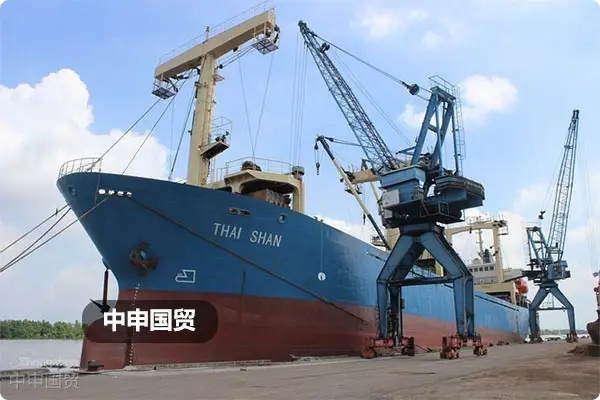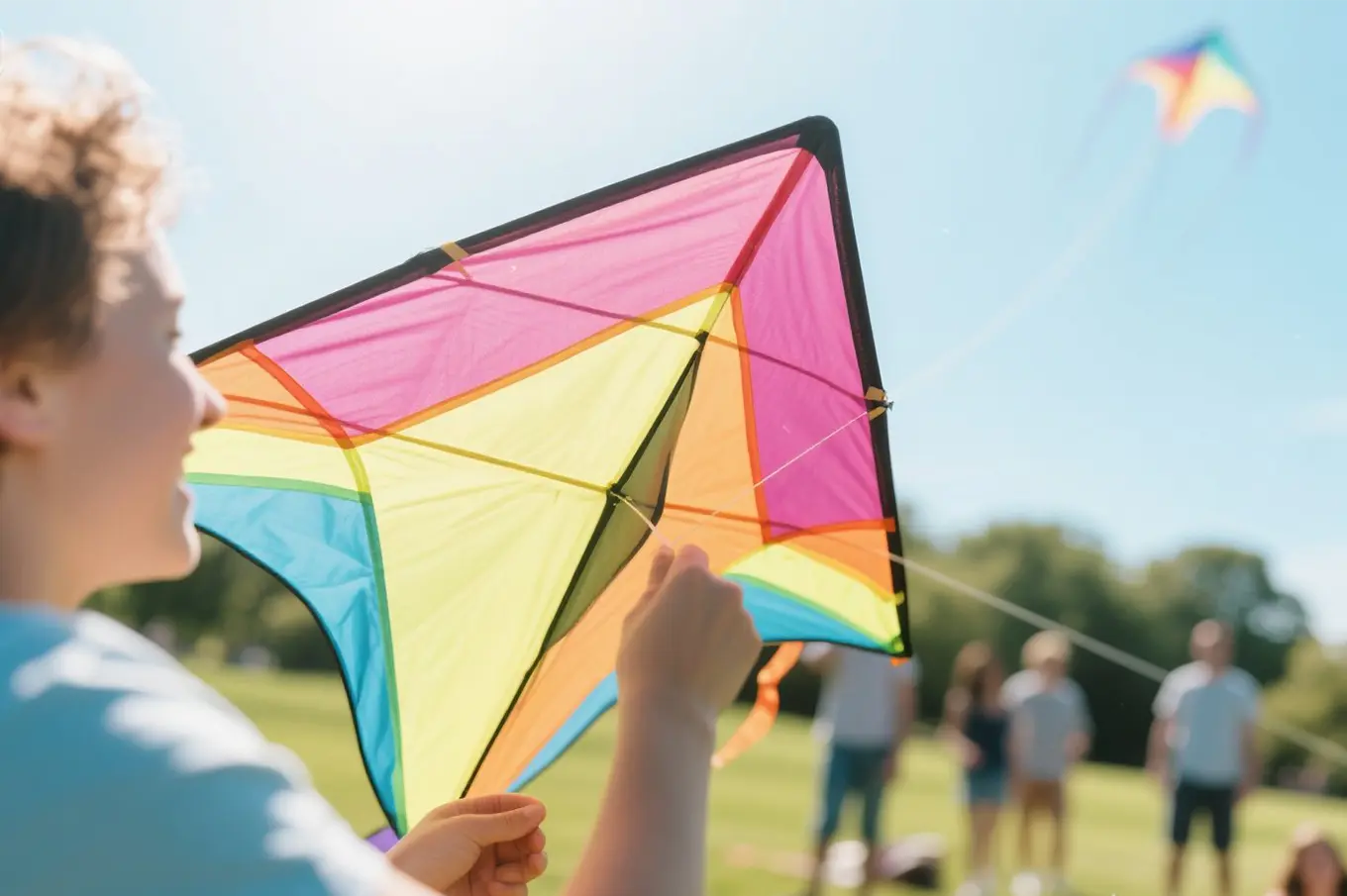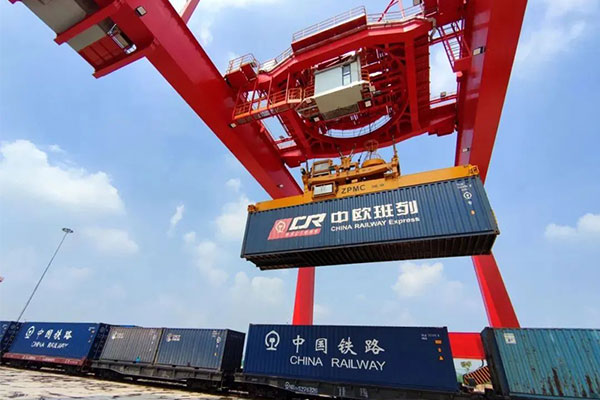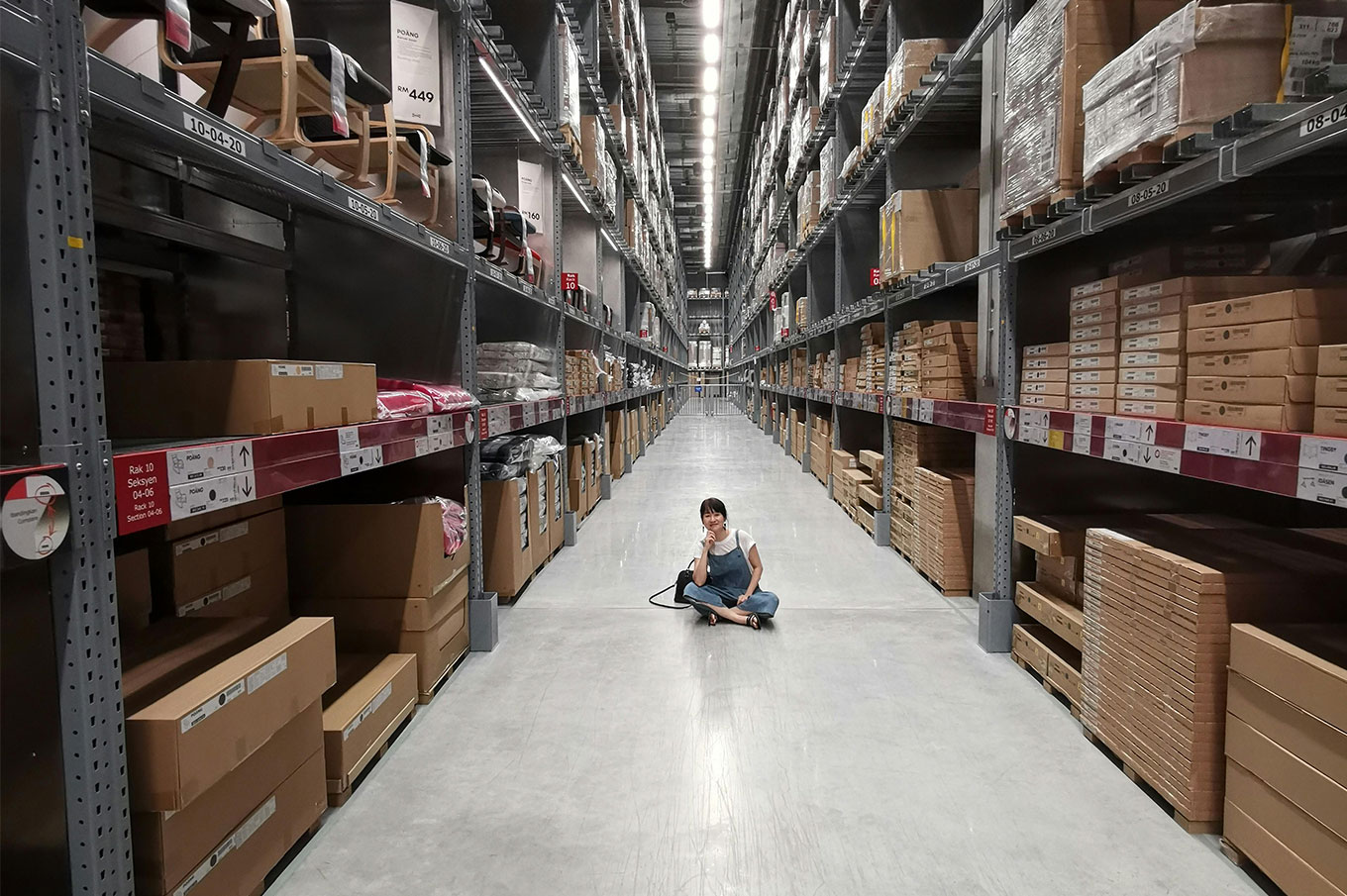- Shanghai Zhongshen International Trade Co., Ltd. - Two decades of trade agency expertise.
- Service Hotline: 139 1787 2118

In the globalized business environment, exporting lighting fixtures to Russia presents a promising business opportunity. Below are key steps and considerations for successful exports to Russia.
I. Market Research
Demand Analysis
– Russia has a vast territory, and the demands vary across different regions. For example, in major cities like Moscow and St. Petersburg, there is a higher demand for modern, minimalist-style high-end lighting fixtures with smart functions, which are often used in commercial spaces such as luxury hotels, office buildings, and residences of affluent individuals. In contrast, in some industrial cities or remote areas, cost-effective and durable basic lighting fixtures may be more popular.
– Understand local trends in Russia. For instance, energy-saving and eco-friendly lighting fixtures are gradually gaining popularity in the Russian market, as Russia is actively responding to global environmental initiatives. Additionally, energy-efficient lamps can help users reduce long-term electricity costs.
Competitive Landscape
- Research lighting brands that have already established a presence in the Russian market. Some European lighting brands hold a certain market share in Russia, renowned for their exquisite designs and superior quality. For Chinese lighting companies looking to export to Russia, it is essential to analyze the product features, pricing strategies, and market positioning of these competitors. For instance, while high-end lighting products from some European brands come with premium price tags, Chinese lighting products can offer similar functionality and design at relatively lower prices, attracting Russian consumers with their cost-performance ratio.
II. Product Compliance
- When exporting lamps to Russia, a series of certification standards must be met first. For example, lamps need to pass the GOST - R certification. GOST - R is the Russian national standard certification, which covers various requirements such as the safety and electromagnetic compatibility of lamps. For lighting products, the certification process will conduct strict inspections on the electrical safety performance of lamps, including the insulation performance and grounding protection of lamps. For example, the insulation resistance of lamps must reach a certain value to prevent the risk of electric shock to users.
In Russia, lighting products must comply with relevant certification standards. Among these, the EAC certification is essential. The EAC certification covers requirements such as the safety and electromagnetic compatibility of lighting products. Ensuring that your lighting products pass qualified laboratory testing and obtain EAC certification is a fundamental requirement for entering the Russian market.
- Additionally, if your lighting fixtures have special features, such as smart control functions involving radio frequencies, they may also need to meet other specific certification requirements.
Labels and Instructions
- The label on the luminaire should include basic product information such as model, power, voltage, manufacturer, etc., and must be marked in Russian. The instruction manual also needs to be translated into Russian, detailing the installation, usage, maintenance methods, and safety precautions for the luminaire.
III. Logistics and Transportation
Choosing a Shipping Method
– Common transportation methods for exporting lighting fixtures to Russia include:Maritime Transportation, land transport, andAir Transportation. Sea freight is relatively low-cost and suitable for large-volume shipments of lighting fixtures. However, the shipping time is longer, and considerations such as moisture-proof and shock-proof packaging are required. Land transport mainly relies on railway shipping, with convenient rail routes from China to Russia, offering shorter shipping times and relatively stable conditions. Air freight is the fastest but has higher costs, making it suitable for small batches, high-value lighting fixtures, or urgent restocking situations.
Packaging Requirements
- Lighting fixtures are fragile items and should be packaged with appropriate materials. Generally, first wrap the fixtures with foam or bubble wrap to prevent them from colliding and getting damaged during transportation. Then, place the wrapped fixtures into sturdy cardboard or wooden boxes, filling the boxes with sufficient padding, such as foam pellets, to ensure the fixtures do not shift during transit. If shipping by sea, moisture-proof measures should also be considered, such as placing desiccants inside the packaging.
IV. Trade Terms and Payment Methods
Trade Terms
- Common trade terms such as FOB (Free On Board) and CIF (Cost, Insurance, and Freight). If you choose FOB terms, you only need to load the goods onto the ship at the port of shipment, after which the risk transfers to the buyer. Under CIF terms, the seller is responsible for the transportation and insurance of the goods until they arrive at the destination port. Based on your company's actual situation and negotiations with Russian clients, select the appropriate trade terms.
Payment Methods
- In terms of payment methods, common options include T/T (telegraphic transfer), L/C (L/C). For first-time cooperation with Russian clients, L/C payment is relatively safer, as banks will review and guarantee the transaction. T/T payment is more convenient and can be used with reputable long-term clients, such as by collecting a certain percentage of the payment in advance and the remaining balance after the goods are shipped.
V. Establishing Sales Channels
Finding Distributors or Agents
- Finding experienced distributors or agents with a strong sales network in Russia is an effective way to enter the market. You can participate in lighting exhibitions in Russia, such as the Moscow International Lighting Exhibition, to negotiate with potential distributors or agents at the events. Alternatively, you can seek suitable partners through industry associations, business organizations, and other channels.
Online Sales Platforms
- Utilize local Russian e-commerce platforms such as Wildberries and Ozon for online sales. Create appealing product pages with high-quality images, detailed product descriptions, and excellent customer service. Online sales can expand your market reach and connect with more Russian consumers.
Exporting lighting fixtures to Russia requires comprehensive consideration of market conditions, product compliance, logistics, trade terms, and sales channels. With careful planning and preparation, your lighting products have the opportunity to succeed in the Russian market.
Related Recommendations
? 2025. All Rights Reserved. Shanghai ICP No. 2023007705-2  PSB Record: Shanghai No.31011502009912
PSB Record: Shanghai No.31011502009912










